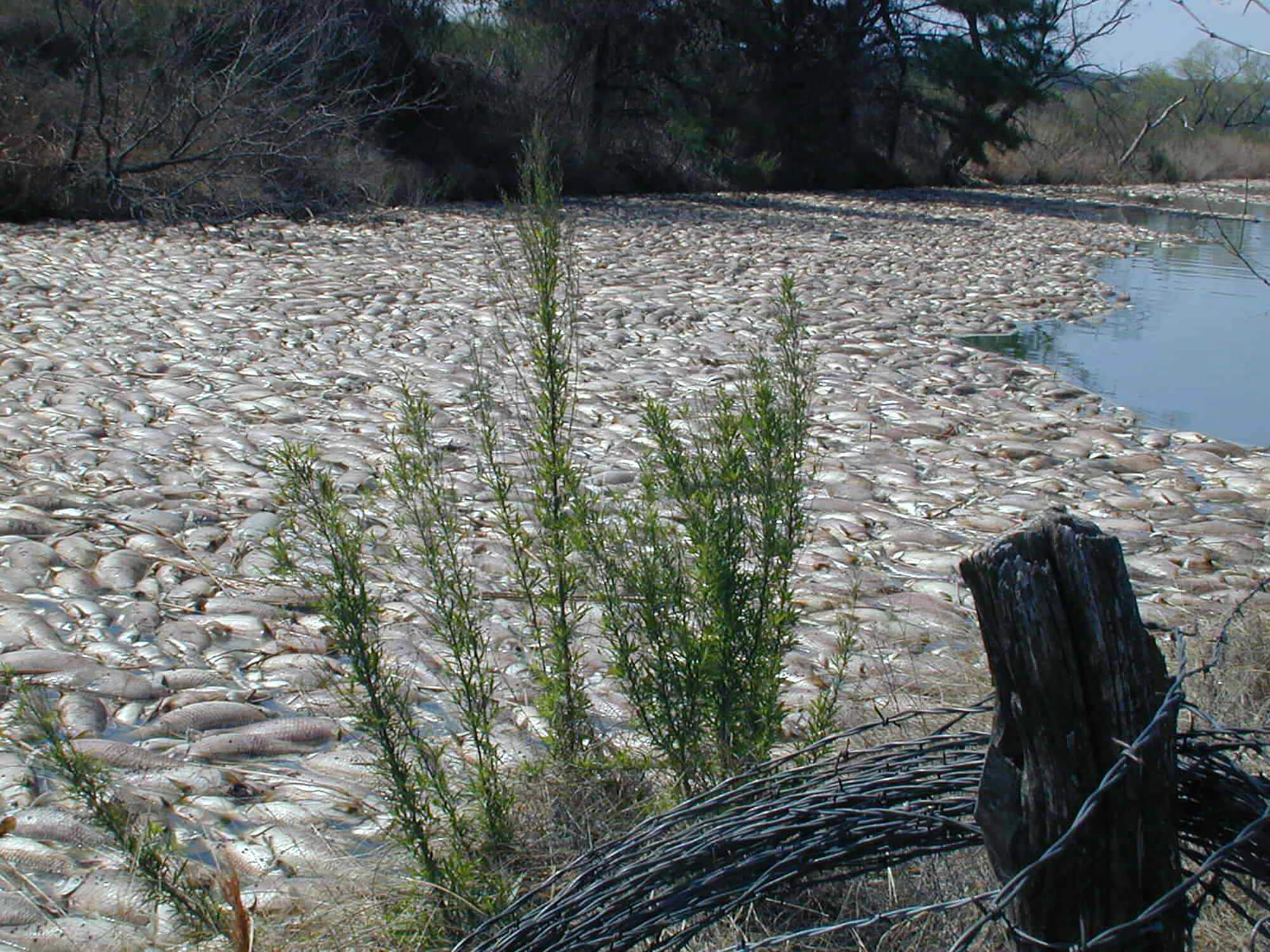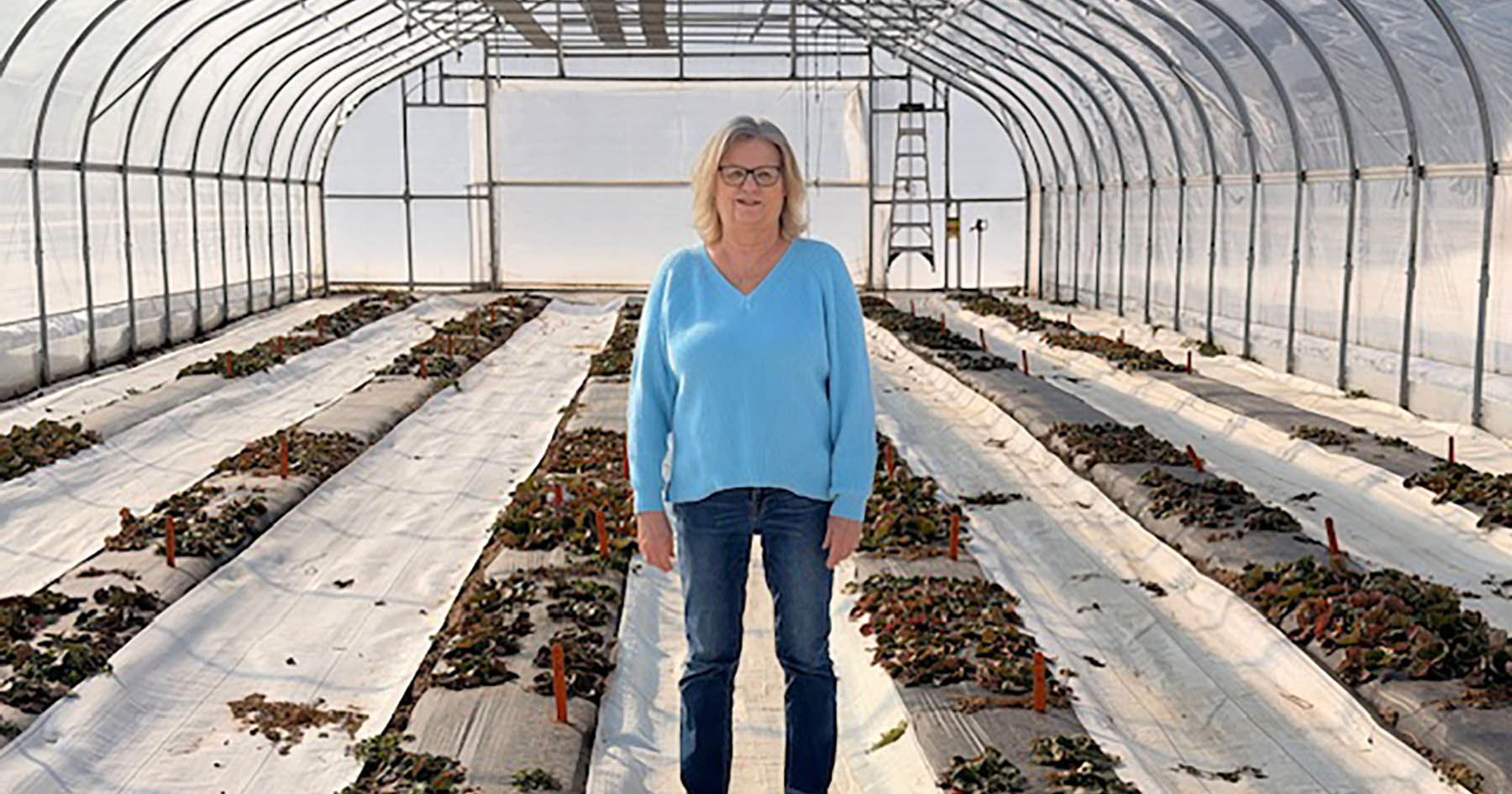Purdue study to answer when and why some algae turn toxic
Toxic algae blooms, such as the dramatic red tides that have swept onto beaches along the Gulf of Mexico, are becoming more frequent and destructive around the world. In Texas, one species alone, golden alga, has killed more than 34 million fish since the 1980s.
Current models used to predict golden alga blooms are ineffective, and the genes responsible for toxicity in the species are unknown, leaving scientists and natural resource managers unprepared for algal eruptions. But with a nearly $2 million National Science Foundation grant, Purdue biologist Jennifer Wisecaver hopes to change that.
Wisecaver, an assistant professor in Purdue’s Department of Biochemistry, is leading a project with colleagues from the University of Arizona and Penn State Harrisburg, accepting algae samples from all over the world, but mainly the Texas waters experiencing large fish kills. Scientists will isolate hundreds of single cells from bloom samples, culture them and identify different strains of algae with different characteristics to determine the genes responsible for toxicity.
Matching the genetics to conditions observed when the algae bloom will uncover the triggers for toxicity and help Wisecaver and her colleagues better predict when toxic blooms will occur.
“Many of the current models focus on physical conditions like water salinity and temperature to predict blooms. However, the genes responsible for toxicity may be responding not only to the physical environment, but also to the presence of vulnerable food sources,” Wisecaver said.
That’s because many species of toxic algae are mixotrophic, meaning they get energy from a mix of sources, not just photosynthesis.
“It’s often assumed that algae, like plants, get energy from the sun. But, in reality, golden algae can be voracious predators,” Wisecaver said. “They’ll swarm and eat other non-toxic species of algae. They’ll also swarm small animals like rotifers and water fleas. And we think they’re even capable of swarming fish gills, actually attacking fish.
“Our hypothesis is that toxins help golden algae be better predators. If this is true, our models need to account for that. We need to appreciate their ecology to understand when and why these algae are producing toxins.”






